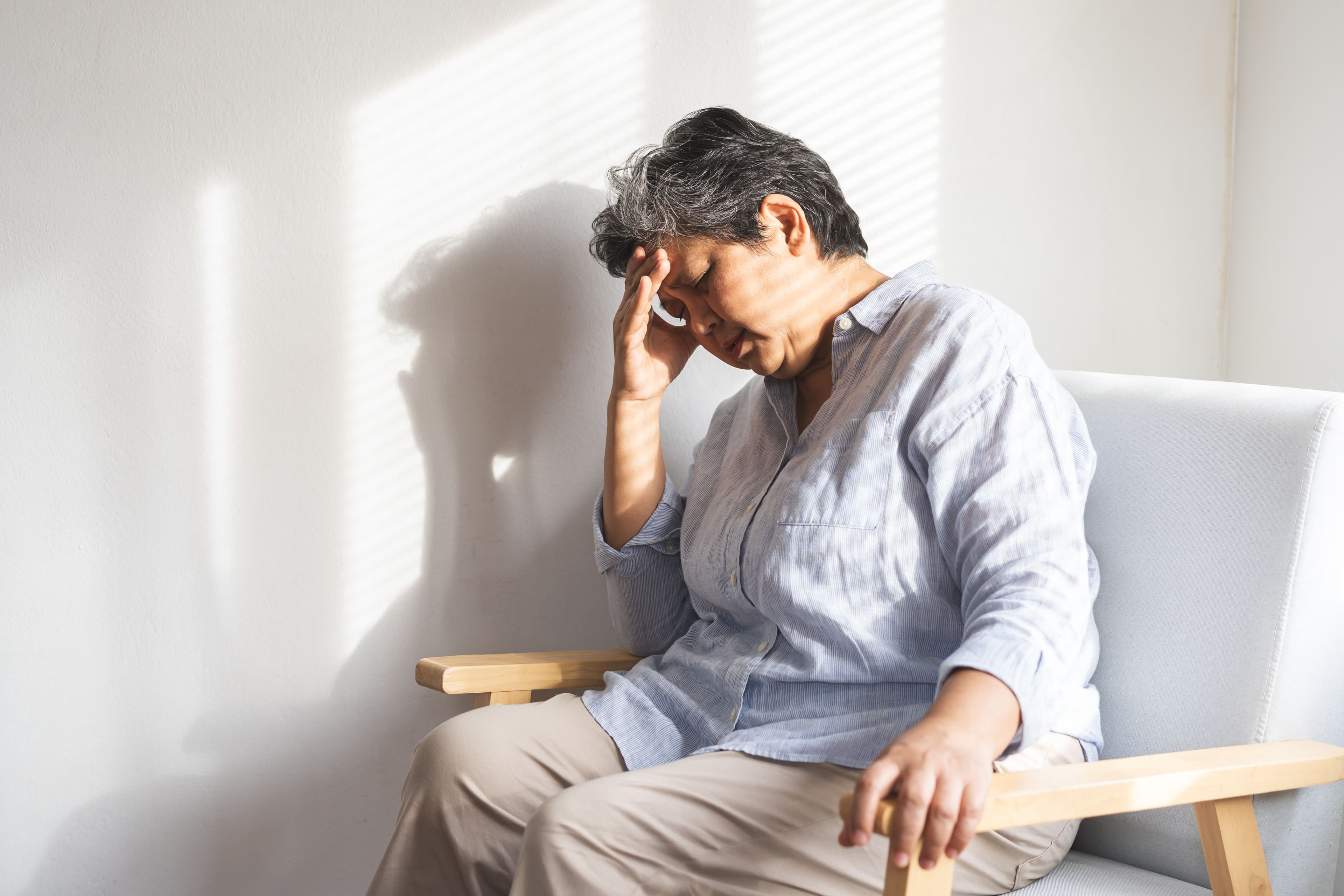
Nursing home abuse and neglect put vulnerable residents at serious risk, leading to malnutrition, dehydration, infections, and preventable injuries. When facilities fail to provide adequate care, residents suffer, and families are left feeling helpless. Lack of supervision, improper medical treatment, and unsafe conditions can result in devastating harm. Understanding the warning signs, knowing your legal rights, and holding negligent facilities accountable are crucial steps in protecting your loved ones. Learn how to take action and seek justice.
June 3, 2025
3 min
Nursing homes are meant to be safe spaces where our most vulnerable loved ones receive the care, dignity, and respect they deserve. Unfortunately, this is not always the case. Nursing home abuse—whether physical, emotional, sexual, financial, or through neglect—remains a serious issue across the country. For families, knowing how to identify abuse and take swift legal action is critical to protecting the health and wellbeing of elderly residents.
Abuse in nursing homes doesn't always leave visible marks. It can be subtle, prolonged, and psychological in nature. Common forms include:
Family members are often the first line of defense. Warning signs may include:
If something feels “off,” trust your instincts and begin asking questions.

Federal and state laws grant residents specific rights, including the right to be free from abuse, participate in care decisions, and file grievances without retaliation. When those rights are violated, civil litigation can result in substantial consequences for negligent facilities—including changes in policy, staff training, and monetary compensation for the victim.
Abuse cases can be difficult to prove without legal assistance. Attorneys who focus exclusively on nursing home cases—like the team at Protect Seniors—understand the complex regulations and are equipped to build strong, evidence-based cases.